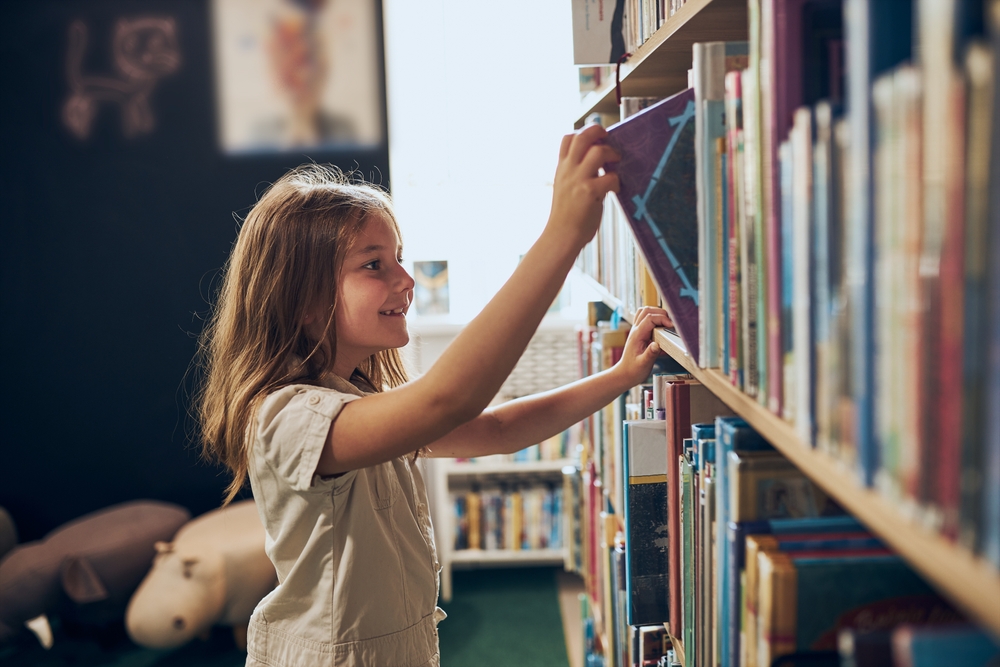EXTRA: Don’t miss our online event with John-Paul Flintoff on the 16th of May.
Yours is a nice little book, just over 150 pages. Not bad for a guide to changing the world.
“Ha! I knew it was a ridiculously grand title, and I’ve heard more people saying what you just said. I think it’s a sign that most of us think changing the world is a big thing.”
It’s not?
“We hear about a disaster in Africa, and we want to help. That’s all fine but it’s probably most efficient if people close by can actually deliver the help. I strongly believe that changing the world is much more doable if the goal becomes to change your world. Nobody can change everything. So stop worrying. Look at what you can change. Usually, you want to make a particular change anyway.”
Thanks for the tip but our culture seems to appreciate the big changemakers like Mother Teresa, Gandhi and Rosa Parks.
“Well, frankly, they were all working on a local level. You see, Rosa Parks didn’t set out to change race relations. She just didn’t want black people to sit at the back of a bus in Montgomery, Alabama.”
So what are we changemakers to do?
“Work with the people that you spend most time with. I was an active member of Greenpeace and Friends of the Earth for years. As campaigners, we did great things, and they were nice people. Then I read a book by Alastair McIntosh, and he said it’s no good being a campaigner if you’re not a good neighbor. Somehow, that hit home. I resigned from the campaign groups and went to my next-door neighbor. I told her about this movie about peak oil, and invited her to come over and watch it with me. She brought her husband and a friend who was ‘into this kind of stuff.’ I served tea and biscuits, and we watched the film. We talked about it a bit, and then one day, a solar engineer stopped by our street and put solar panels on my neighbor’s roof. I realized, Wow, this can be powerful!”
What came next?
“Well, I figured I made a mistake because the movie was rather depressing. I was reminded by Raymond Williams who said something like: “The key is not to make despair convincing but to make hope possible.” So I thought I’d try something more cheerful. With my daughter, I went by all the homes in our street, giving away apples because we had too many apples from our tree. That was a nice way to meet our neighbors. And so then I deliberately grew too many tomato plants…”
Very subtle.
“…and I knocked on their doors again. That’s how I noticed more people were interested in providing food for themselves. Not only because of me, obviously, though I may have helped in their decision. That’s why I think you only need to look closer at the world around you to make an impact.”
By Marco Visscher
Photo: Antonina Mamzenko
What you can change
More of Today's Solutions
Successful gene-hacked pig kidney transplant shows promise in xenotransplanta...
A team at Massachusetts General Hospital in Boston performed a breakthrough surgical accomplishment, transplanting a kidney from a gene-hacked pig into a 62-year-old man. ...
Read MoreOvercoming loneliness: 4 ways to make real connections and build community
Have you ever considered how your brain interprets loneliness? Surprisingly, it recognizes it as a threat. Loneliness is more than simply a passing mood; ...
Read MoreA daycare built a ‘forest floor’, and it changed kids’ immu...
Time in nature is valuable for children’s physical and mental health, so one daycare in Finland decided to invest in a playground that replicated ...
Read MoreEvery Welsh household gets a free tree to help tackle climate emergency
The Welsh government has come up with a £2 million scheme to help tackle the climate emergency that will give a tree to every ...
Read More










